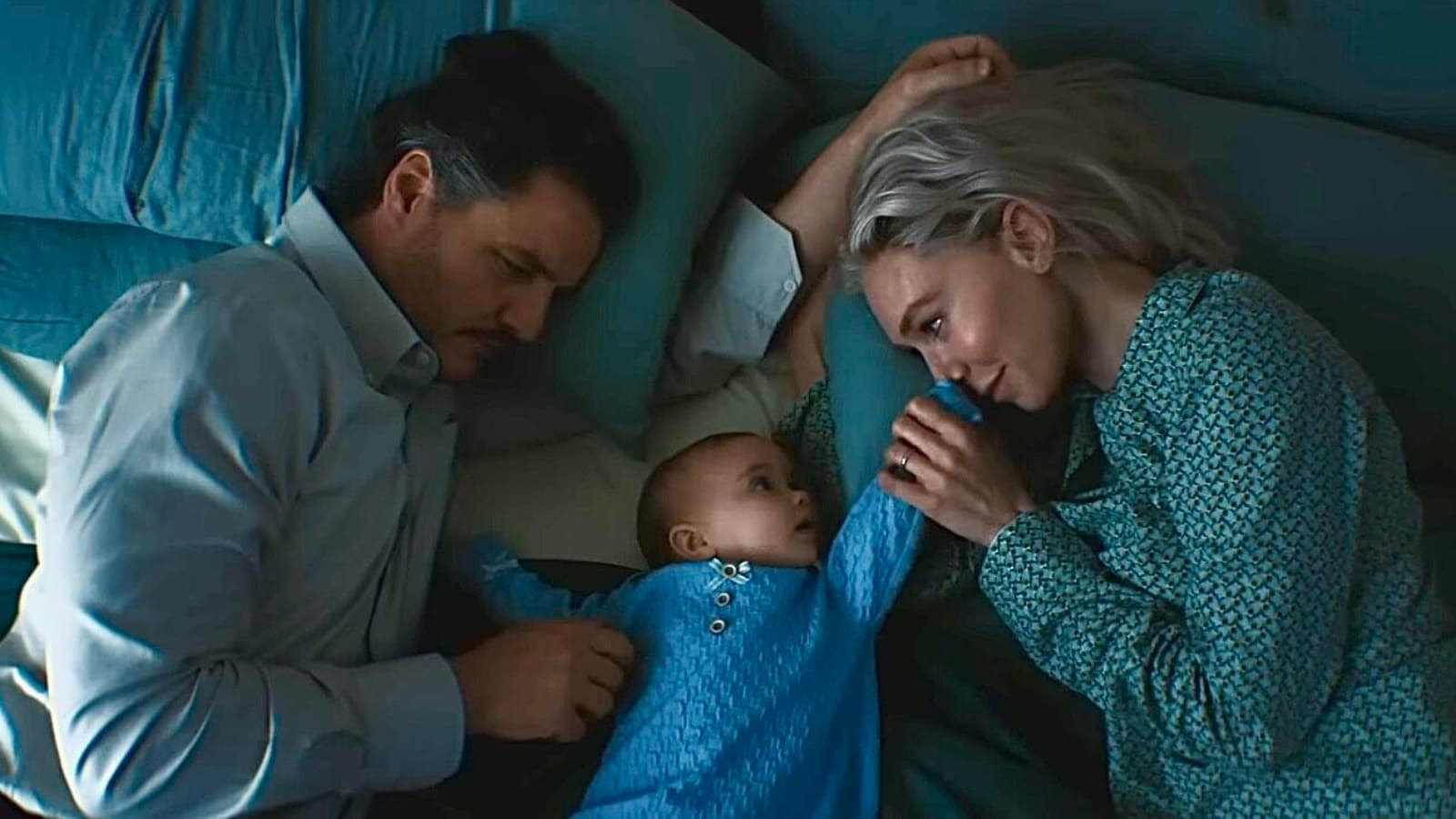Blake Lively must give Taylor Swift texts to Justin Baldoni in legal battle, judge says
A U.S. District Court has ruled that Justin Baldoni can obtain private messages exchanged between Blake Lively and Taylor Swift concerning the filming of It Ends With Us and the ongoing legal conflict. U.S. District Judge Lewis Liman determined that these communications are relevant to the case, as Lively identified Swift as a key person likely to have knowledge about complaints and discussions related to the movie’s working environment.
Judge allows Justin Baldoni access to Blake Lively & Taylor Swift messages related to It Ends With Us filming and legal dispute.
Robert Kamau/GC Images
Blake Lively sought a protective order to prevent the release of these messages, arguing that they were irrelevant to the lawsuit. However, the court rejected this request, highlighting Lively’s own statements that implicated Swift as a potential source of important information.
Judge Liman emphasized that the requests for messages with Swift are “reasonably tailored to discover information that would prove or disprove Lively’s harassment and retaliation claims.” The scope of Baldoni’s access will be limited strictly to messages discussing the film and legal matters.
Discovery remains ongoing in this high-profile case. Lively’s legal team has pledged to provide all requested documents—excluding communications with Swift—by the end of the week, contingent upon the production of all relevant video footage and unredacted communications cited in the revised complaint. Baldoni’s team has declined this conditional offer.
Taylor Swift’s involvement in the lawsuit stems partly from Lively’s claims that Baldoni made unauthorized changes to a pivotal rooftop scene. Lively reportedly invited Baldoni to her New York City residence in 2023 to discuss script alterations, where he was unexpectedly joined by Swift and Lively’s husband, Ryan Reynolds. According to Baldoni’s complaint, these high-profile figures endorsed Lively’s version of the scene and exerted pressure on Baldoni to accept the revisions, as referenced in communications mentioning “Taylor.”










